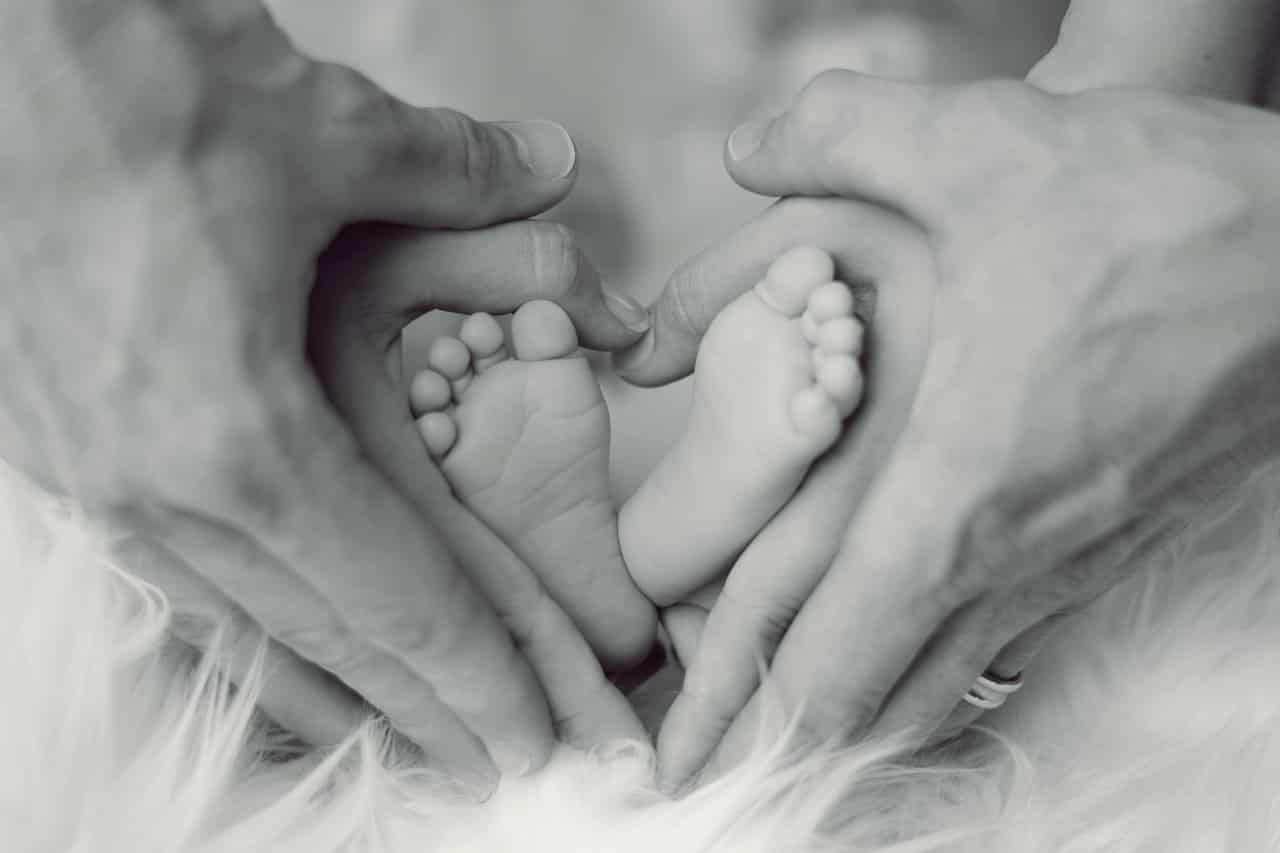Secrecy and truth of adoption

We are talking about the prescribed in the Law on Adoption obligation of all authorities and organizations involved in adoption not to disclose any information about the adoption of the biological parents, who abandoned or deprived of parental rights and other persons, but we are not talking about the secrecy of adoption for the child, which is very often understood under it. The child has every right to know all available information about his or her biological parents, as do the adoptive parents. Not only that, they should get all of this information from the appropriate authorities.
The truth about adoption
A question that worries all adoptive parents without exception: whether, how and when to tell the child the truth. Parents need to recognize and understand that their child has a history of his own, that his life did not begin at the moment of adoption, that he has a human right to know his origins, his history, which is the foundation of his lasting sense of identity and self-respect. Parents fear that the truth might worsen the relationship with the child, that the bond, not strong enough because it is unbloody, might easily break. These are vain fears. Only a relationship built on the truth can be strong. There is no point in hiding your head in the sand, playing the role of a “regular” family, denying the real trauma experienced by the child. An adoptive family is a special family, but it too can be happy.
Keeping the fact of adoption a secret can be justified by the best of intentions, primarily the unwillingness to traumatize the child. The child himself, feeling that the topic is sensitive and unpleasant for the parents, will not ask questions, to preserve their peace of mind, to be good for them. But there was a trauma, this is a fact, to deny it is to deny reality, and therefore to get stuck in this trauma and then reap its rewards. On the contrary, talking about it contributes to overcoming the grief, experiencing it, which opens up a new avenue of development. The easiest thing would be to try to comfort the child with some superficial words, to distract him, but that’s not what he needs. Much more important is to experience with him his pain, sadness and suffering.
Experiencing grief is one of the key experiences a foster family must go through in order to be able to build a good, trusting, loving relationship. There are several stages in this experience, stages. At first the grief is denied, pretending that nothing happened, neither her own disappointment and pain nor the grief of the abandoned child. Then denial is replaced by anger, despair, followed by understanding and reassurance.
Telling your child the truth is always necessary, even if the child was adopted as an infant. Telling the truth as early as possible, without dramatizing the situation. For example, dressing, washing the child, say: “What a wonderful son we have, how glad we are that you live with us, that we adopted you!
I find the following example from life demonstrative. An adopted girl of 4, who knew she was adopted, cried one night before going to bed and told her mother that she missed her birth mother. Her mother told her that it was impossible because she could not remember her birth mother, she was adopted at 2 months old. The girl stops crying, but over the next few days her behavior changes, she becomes cranky, disobedient. The mother thinks about it and realizes that she was wrong and decides to talk to her daughter. She tells the baby that she actually cheated her, was wrong, because the girl lived in her birth mother’s belly for 9 months and then another 2 months together with her, so of course she can remember and miss her. Both cried, but in the morning the girl’s behavior was normal. A few days later she told her mother, “You know, I don’t miss my birth mother at all now when I think of her. And I realized that it was you I missed when I was in her belly!”
Our memories retain all of our experiences, even if we don’t consciously remember them. Experience of the first weeks and months of life also remains in the memory, and this memory is not verbal, but bodily, memory at the level of feelings. The infant’s mentality is built starting from these bodily sensations, which the immediate environment gradually teaches the child to give verbal form, meaning. If any part of experience, especially traumatic, turned out to be outside of this work of giving meaning and symbolization, it remains in the psyche as a certain foreign body and later on is the cause of incomprehensible, inexplicable suffering.
It is very important to talk to the child about his or her feelings, the events he or she has experienced in order to minimize their traumatic effect. Otherwise, the trauma will remain unprocessed and pathogenic; it can have a very dramatic effect on the entire mental life and development. Everything that is incomprehensible requires an explanation. If there are no explanations at all, the child will invent them, but usually these fantasies turn out to be much more terrible than any truth, especially since it is typical for a child to look for the cause of all these events in himself or herself, in his or her bad behavior and badness.
